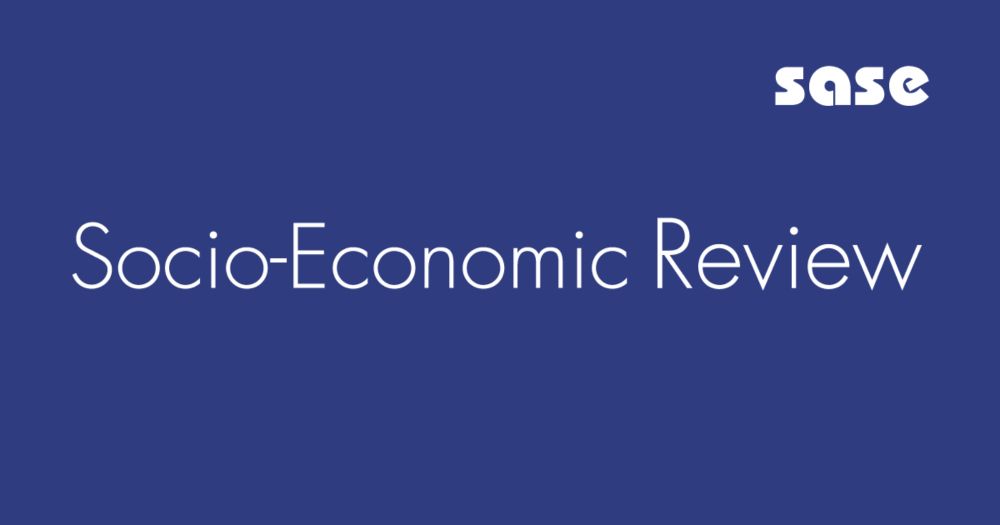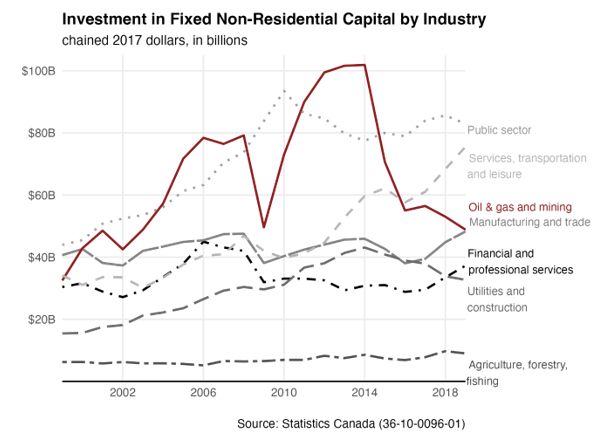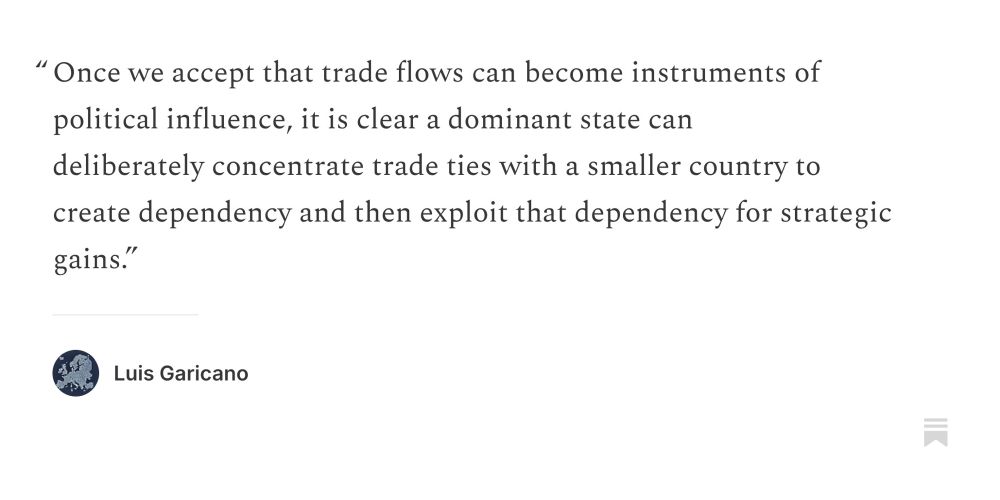Chris Abbott
@c-abbs.bsky.social
48 followers
130 following
10 posts
(Political) Economist at UFCW Canada.
Previously at Queen’s University (Comparative & Canadian Political Economy, Growth Models)
Posts
Media
Videos
Starter Packs
Reposted by Chris Abbott
Chris Abbott
@c-abbs.bsky.social
· Apr 28
Chris Abbott
@c-abbs.bsky.social
· Apr 28
Chris Abbott
@c-abbs.bsky.social
· Apr 28
Chris Abbott
@c-abbs.bsky.social
· Apr 28
Chris Abbott
@c-abbs.bsky.social
· Feb 14

Canadian productivity growth: Stuck in the oil sands
We study the behaviour of Canadian Total Factor Productivity (TFP) growth over the past 60 years. We find that the observed stagnation during the last 20 years is accounted for entirely by the oil se....
onlinelibrary.wiley.com
Chris Abbott
@c-abbs.bsky.social
· Feb 14
Reposted by Chris Abbott
Chris Abbott
@c-abbs.bsky.social
· Jan 9
Reposted by Chris Abbott
Olivier Jacques
@olijacques.bsky.social
· Dec 17

When partisanship and technocratic credibility collide: mass attitudes and central bank endorsements of fiscal policy in Canada and the USA
Abstract. Developments over the past decade have made it increasingly difficult for central banks to achieve their macroeconomic objectives without the hel
doi.org




